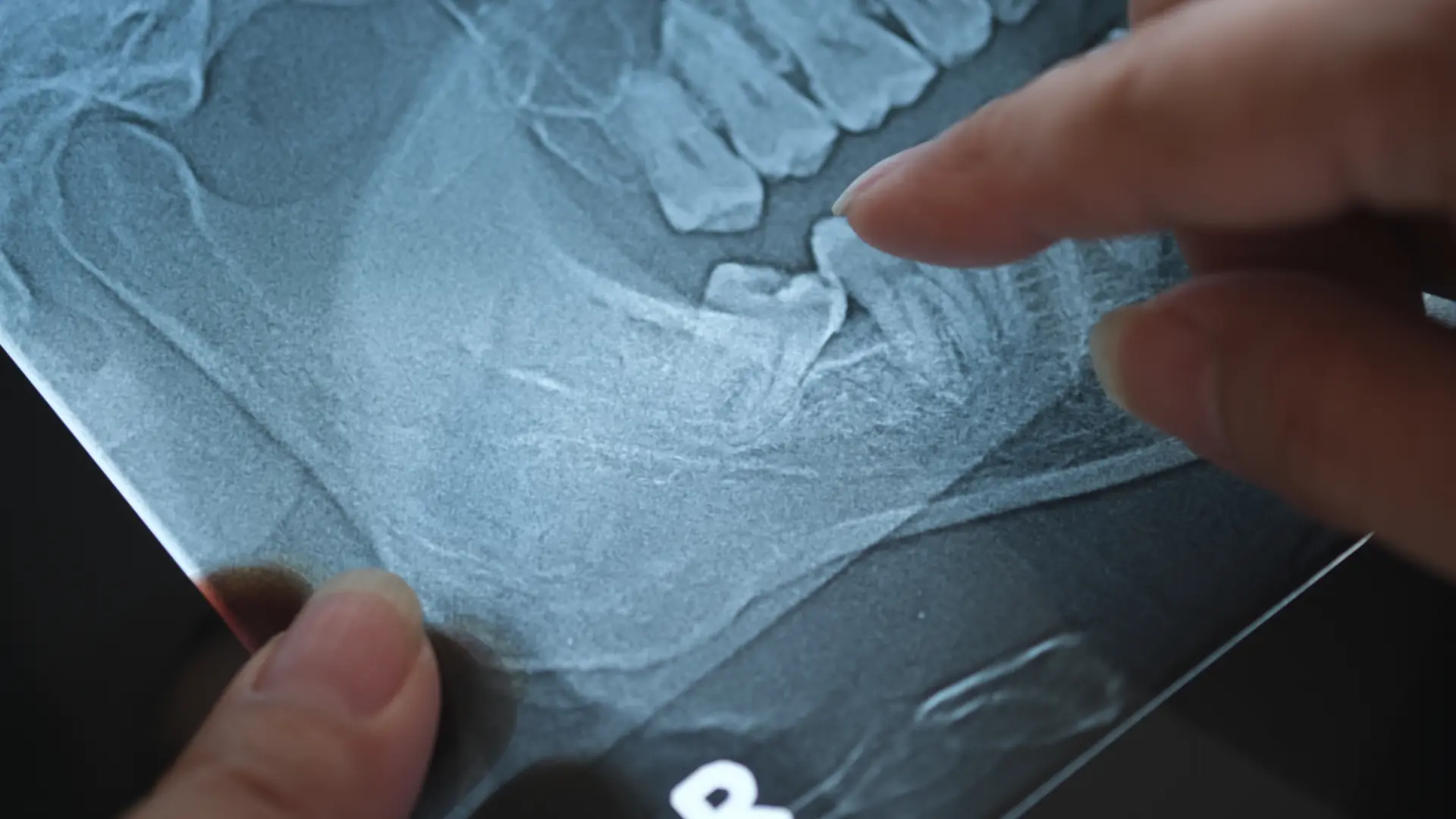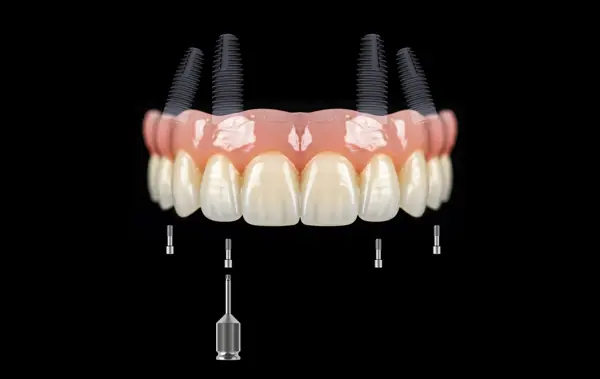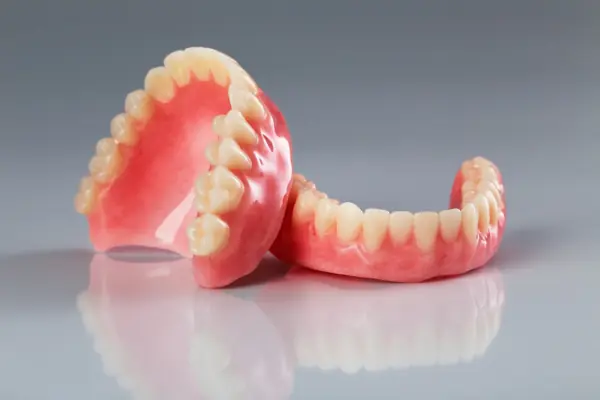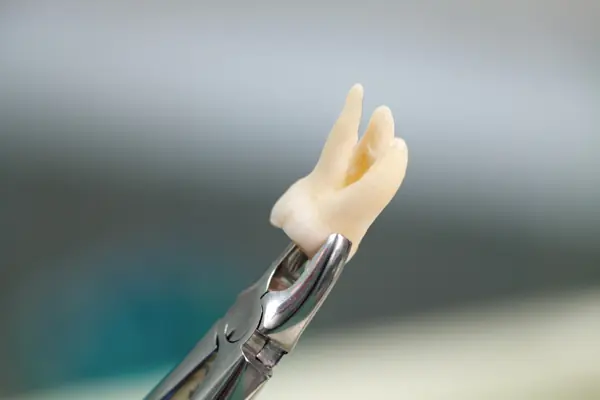What We Leave Behind: The Emotional Science of Tooth Extractions
Tooth extraction—often viewed as a simple dental procedure—is more than just a physical event. It’s a moment that echoes beyond the mouth, resonating through emotional memory, self-perception, and psychological well-being. The experience of losing a tooth, whether planned or unexpected, triggers complex feelings that many underestimate.
Why do people react so deeply to the removal of something as seemingly small as a tooth? How does this physical loss intertwine with emotional processing? What vulnerabilities emerge, and how do these influence a person’s psychological landscape afterward?
This exploration dives into the emotional science behind tooth extractions, revealing why these dental events are about far more than biology—they are moments that touch the very core of how we see ourselves and our resilience.
How Does Tooth Extraction Impact Emotional Memory and Self-Perception?
Our teeth are intimately tied to identity and memory. They shape our smiles, influence our speech, and subtly affect how we present ourselves to the world. When a tooth is extracted, it creates a physical gap—but the emotional impact often fills a much larger space.
Here’s how tooth extraction interacts with emotional memory and self-perception:
- Physical loss triggers emotional recall: The sensation of losing a tooth can awaken memories of past losses or traumas, linking the physical event to emotional experiences stored deep in the brain.
- Altered self-image: Teeth are highly visible and tied to aesthetics. Losing one can cause a shift in how individuals perceive their attractiveness and confidence.
- Imprint on body schema: Our brains maintain a mental map of our bodies. When a tooth is removed, this map is disrupted, leading to feelings of incompleteness or alienation from one’s own body.
- Emotional memory consolidation: The stress and discomfort of extraction can enhance the encoding of that experience into emotional memory, influencing future dental anxiety or avoidance.
- Symbolic meaning: For some, tooth loss symbolizes aging, fragility, or vulnerability, further complicating self-perception.
Understanding this connection underscores the need for compassionate care that addresses emotional as well as physical healing.
Can Removing a Tooth Influence How People Process Physical Loss?
Tooth extraction can serve as a microcosm for broader experiences of loss and grief. The body’s response to losing a tooth parallels how we process many forms of physical or emotional loss.
Key insights include:
- Stages of loss reflected in recovery: Patients often experience denial (“It’s just one tooth”), followed by sadness, frustration, or anger as they adjust to changes.
- Sensory feedback and mourning: The physical sensations—pressure, soreness, emptiness—serve as constant reminders of loss, reinforcing emotional processing.
- Loss of control: Extractions, often performed under clinical conditions, can evoke feelings of helplessness, complicating acceptance.
- Healing as adaptation: Just as grieving involves adjusting to life without a loved one, the mouth adapts post-extraction, eventually reshaping bone and tissue—a physical metaphor for emotional resilience.
- Rebuilding self-narratives: Patients integrate the experience into their life story, which may involve redefining notions of health, beauty, and strength.
Recognizing tooth extraction as a form of physical loss helps normalize the emotional reactions and promotes holistic healing strategies.
Why are Tooth Extractions Linked to Feelings of Vulnerability?
Tooth extractions expose not only a gap in the mouth but also layers of emotional vulnerability. This procedure often involves confronting discomfort, fear, and the unsettling reality of bodily change.
Here’s why vulnerability surfaces:
- Intimacy of the procedure: The mouth is one of the most sensitive, intimate areas of the body. Allowing someone to remove part of it requires trust and emotional openness.
- Fear of pain and complications: Anticipation of discomfort triggers anxiety, heightening emotional sensitivity.
- Visibility of change: The resulting gap or swelling is a visible sign of loss, which can provoke self-consciousness and insecurity.
- Temporary loss of function: Difficulty eating, speaking, or smiling during healing periods can cause feelings of helplessness.
- Triggering of deeper insecurities: For some, tooth loss taps into fears related to aging, mortality, or social rejection.
By acknowledging these vulnerabilities, dental professionals can better support patients through communication, reassurance, and empathetic care.
What Psychological Changes Occur After a Major Dental Extraction?
The aftermath of a major tooth extraction involves not only physical healing but also psychological adjustment. Patients often report a range of mental and emotional shifts as they navigate recovery.
Common psychological changes include:
- Increased dental anxiety or phobia: Especially if the extraction was traumatic, patients may develop heightened fear around future dental visits.
- Body image fluctuations: Patients may struggle with altered smiles or temporary aesthetic changes, affecting social confidence.
- Mood variations: Pain, discomfort, and dietary restrictions can contribute to irritability, frustration, or mild depressive symptoms.
- Renewed focus on self-care: For many, the experience motivates better oral hygiene and overall health vigilance.
- Emotional resilience and empowerment: Successfully overcoming the extraction and healing process often builds confidence and psychological strength.
- Social withdrawal or cautiousness: Temporary changes might lead some to avoid social settings, but with support, reintegration typically follows.
Importantly, psychological responses vary widely, highlighting the need for personalized support and open dialogue during dental care.
More Than a Tooth—A Journey Through Loss and Renewal
Tooth extraction is often viewed as a routine dental event, but beneath the surface lies a complex emotional and psychological journey. The removal of a tooth touches on deep aspects of memory, identity, vulnerability, and resilience.
Recognizing the emotional science behind extractions allows patients, caregivers, and dental professionals to approach the experience with greater empathy and understanding. It’s not just about filling a gap in the mouth but about supporting the whole person as they heal physically and emotionally.
Next time you or someone you know faces a tooth extraction, remember: what’s left behind is not just an empty socket, but an opportunity for renewal and growth—physically, emotionally, and psychologically.
Healing Smiles, Healing Souls — Your Compassionate Partner in Tooth Extractions
At Crescent Family and Cosmetic Dentistry of Columbia, we understand that tooth extractions are more than just a dental procedure—they’re a personal experience that touches your emotions and well-being. Our skilled team combines advanced dental expertise with compassionate care to guide you gently through every step of the process.
From thorough explanations to personalized comfort measures, we prioritize your emotional and physical healing equally. If you’re facing a tooth extraction, trust Crescent Dentistry to support you with empathy, precision, and a commitment to restoring not just your smile, but your confidence and peace of mind.
Schedule your consultation today and experience dental care that listens, understands, and heals—because here, you’re more than a patient; you’re family.




